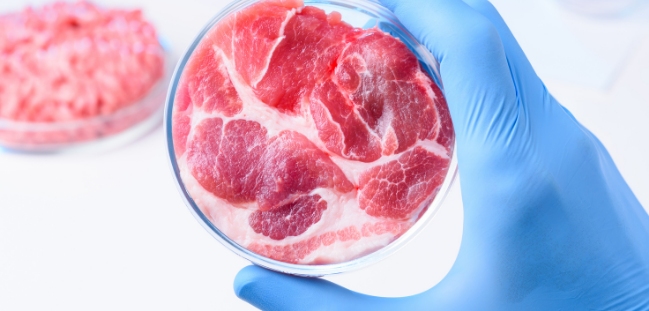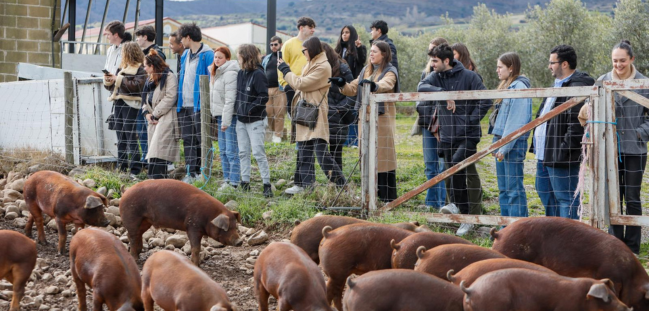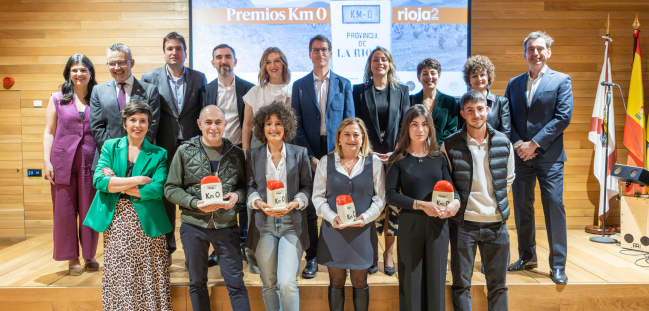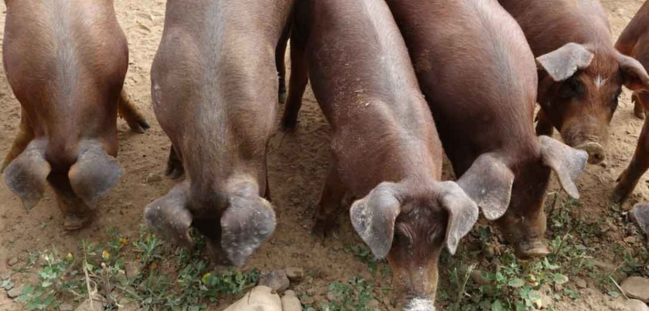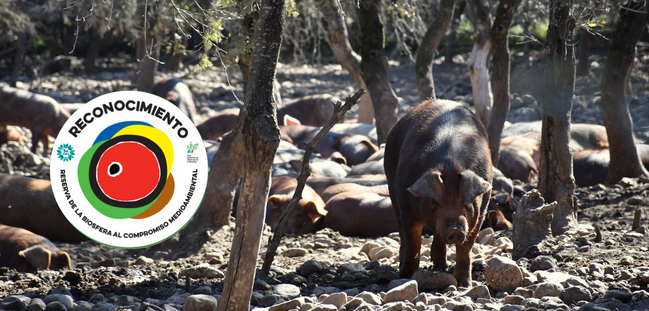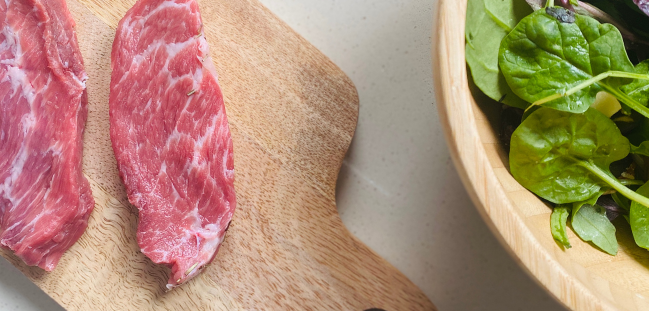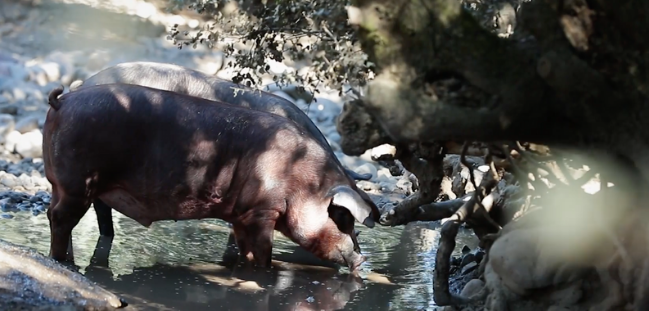Recently you may have read or heard information about artificial meat and how it is presented as a solution to the climate emergency. But is it really the best solution? What actually is artificial meat? What effects does it have on our body? Is food created in laboratories a solution to the environmental challenge?
The arrival of artificial meat on the shelves of some supermarkets and on the menus of avant-garde and sophisticated restaurants is already a fact in countries like Singapore or Israel. Everything seems to indicate that in the future artificial meat will coexist on the shelves of stores and supermarkets with traditional meat. But what do we know about this type of meat? Are the arguments put forward by its strongest defenders true?
What really is artificial meat? How is it produced?
Synthetic meat is meat created in laboratories by extracting cells from a live animal (cow, chicken, pig) along with other substances such as
- fetal serum
- amino acids
- fat
- connective tissue
that are grown in a completely artificial environment until they are turned into hamburgers, steaks...
Is it the solution to the environmental challenge?
As farmers, ranchers and producers in the organic sector, we find a great contradiction between the argument of sustainability and ethics put forward by artificial meat manufacturing companies. These ensure that it respects the well-being of animals, that it is more sustainable and ecological... But at the same time it is based on the extraction of stem cells and other types of substances and tissues from animals for its manufacture in a laboratory.
Now that it is a minority, elitist and incipient industry, its environmental impact is minimal, but what will happen if this model becomes a large-scale model as widespread as intensive industrial livestock farming? Will this model be reproduced? Will it then continue to maintain its low environmental impact?
Likewise aOxford University report 2019He pointed out that the production of artificial meat produces fewer greenhouse gases, yes, but in the long run these are much more harmful to our planet. The methane gas produced by livestock activity disappears after about 12 years while carbon dioxide can remain in the atmosphere for millennia.
From our point of view, the true solution consists of a change of model, from intensive industrial livestock farming to an extensive and ecological livestock farming model. This livestock model does offer many more advantages when we talk about sustainability and sustainable development, such as its role in preserving ecosystems of high biological value such as mountains or pastures, native breeds, fire prevention, in addition to contributing to population establishment. in rural environments, to the circular economy..., as statedin this article, José Antonio Mendizábal, Professor of Animal Production at the Public University of Navarra
Is artificial meat a safe food?
At the moment neither the European Food Safety Authority (EFSA) nor the US FDA have given the green light to cultured meat and there are still a few unknowns about its long-term effects on the body.
Certain doubts have been expressed in the international scientific community regarding the safety of this food. Manuel Collado, a scientist specialized in stem cells in cancer and aging at the Clinical Hospital of Santiago de Compostela, has expressed his concern about some issues "it must be taken into account that it is about ingesting bovine tissue that is based on pluripotent living cells with tumor capacity and maintained with growth factors and agents with untested capacities for consumption.”
For our part, what we do know with certainty is that meat is an important part of the human diet and has been for centuries. It presents proteins of high biological value, carbohydrates, vitamins, minerals, monounsaturated fats... It is a safe food and whose benefits for the human diet have been demonstrated over time. Its consumption has been fundamental in the development of the human brain and for us the key is what type of meat is consumed and in what quantity.
To reduce the impact of industrial livestock farming on the planet and improve health problems related to a high intake of meat and ultra-processed foods, it is advisable to eliminate the consumption of ultra-processed foods and cheap meats.
Limit meat consumption to 3 or 4 servings a week, the same as fish, and always opt for the consumption of quality meat, from animals fed with local resources produced in the environment that promote sustainable development, healthy products, heanimal welfareand local development.
How do we clarifyin this article, eating meat and caring for and respecting the environment is something totally compatible.

